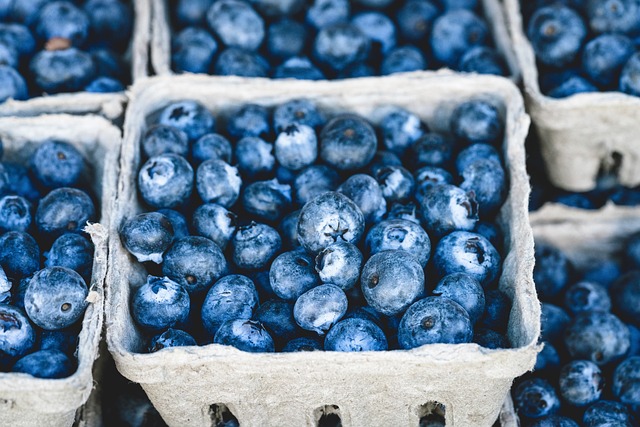Unlocking the Wonder of Fermented Foods: Harnessing the Potential of Probiotics
Fermented foods have been around for centuries, appreciated not only for their unique flavors but also for their beneficial effects on our health. What makes these foods truly extraordinary is the presence of probiotics, live bacteria and yeasts that promote a healthy balance of microorganisms in our gut.
What Exactly Are Probiotics?
Probiotics are defined as live microorganisms that, when consumed in adequate amounts, offer a range of health benefits to the consumer. The most common types of probiotics are bacteria from the Lactobacillus and Bifidobacterium families, as well as certain yeasts.
These microscopic organisms work by colonizing our digestive tract, where they help maintain a balanced and diverse gut microbiota. They interact with our immune system, regulate digestion, and even produce essential nutrients and vitamins.
The Miracles of Fermentation
The process of fermentation is responsible for the creation of many probiotic-rich foods. During fermentation, beneficial bacteria and yeasts break down sugars and starches in the food, producing lactic acid, alcohol, or other byproducts. These byproducts not only preserve the food but also promote the growth of probiotics.
Some well-known examples of fermented foods include:
- Yogurt: Made from the fermentation of milk by bacterial cultures, yogurt provides a source of probiotics and essential nutrients such as calcium and protein.
- Sauerkraut: A traditional dish made from fermented cabbage, sauerkraut is rich in vitamins, minerals, and probiotics.
- Kefir: A tangy, fermented milk drink, kefir contains high levels of probiotics and is known to support digestive health.
- Miso: A staple in Japanese cuisine, miso is made from fermented soybeans and adds a unique umami flavor to dishes. It is also a good source of probiotics.
- Kombucha: A fizzy, fermented tea, kombucha is often flavored with fruits or herbs and contains probiotics and antioxidants.
The Health Benefits of Probiotics
The consumption of probiotics has been linked to numerous health benefits. Here are some key advantages:
Improved Digestive Health
Probiotics help maintain a healthy gut environment, keeping digestion running smoothly. They can alleviate symptoms of digestive disorders such as irritable bowel syndrome (IBS) and promote regular bowel movements.
Enhanced Immune Function
A significant portion of our immune system resides in the gut. Probiotics play a vital role in supporting immune function and protecting against harmful pathogens. They stimulate the production of antibodies and strengthen the gut’s barrier function.
Reduced Inflammation
Chronic inflammation in the body can contribute to various health problems. Probiotics have shown the potential to reduce inflammation and help prevent conditions like inflammatory bowel disease (IBD) and allergies.
Mood Regulation
Emerging research suggests a link between the gut microbiota and mental health. Probiotic supplementation may positively impact mood and reduce symptoms of depression and anxiety.
How to Incorporate Probiotics into Your Diet
If you’re looking to harness the potential of probiotics, incorporating fermented foods into your diet is a great way to start. Here are some tips:
- Include a serving of yogurt or kefir in your breakfast routine.
- Add a spoonful of sauerkraut or kimchi as a side dish.
- Experiment with different miso-based soups or dressings.
- Enjoy a refreshing glass of kombucha as a midday pick-me-up.
Remember that when purchasing fermented foods, it’s essential to choose varieties that contain live cultures. Pasteurization and heating can kill the beneficial bacteria, reducing the probiotic benefits.
Conclusion
Unlocking the wonder of fermented foods is like exploring a hidden treasure trove of health benefits. By incorporating probiotic-rich foods into your







